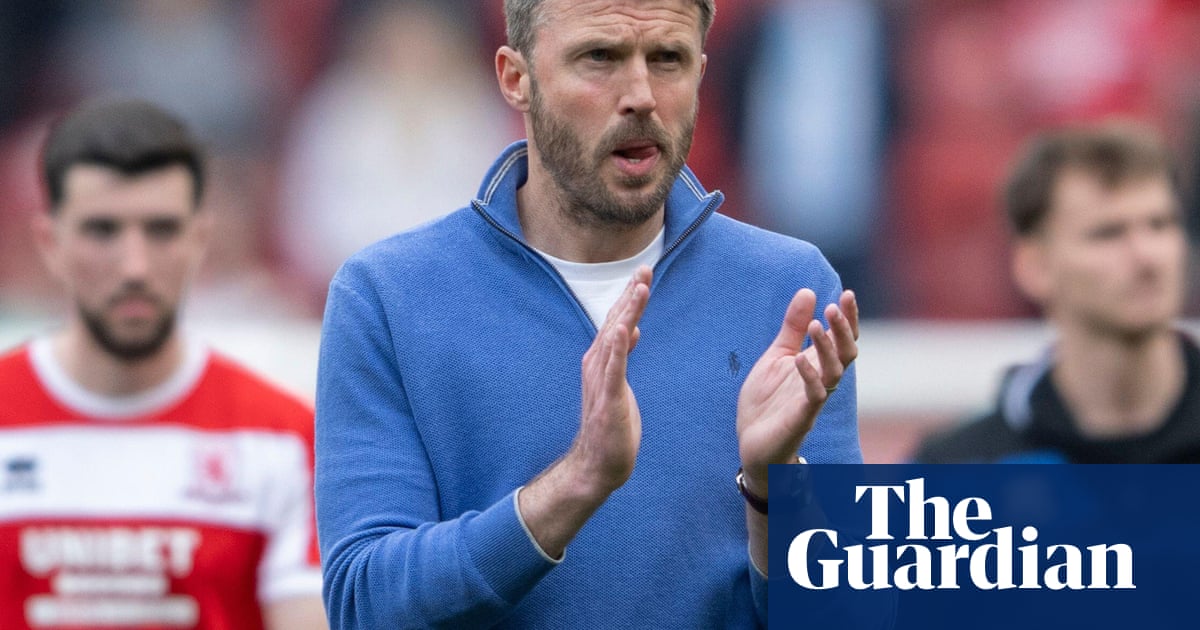Michael Carrick's departure from Middlesbrough after a mid-table finish in the Championship raises questions about the expectations and management decisions within football clubs. The announcement highlights both the club's desire for improvement and the realities of competitive sports where results dictate leadership changes.
Implications of Carrick's Departure
The decision to part ways with Carrick, who had a promising start to his tenure, suggests that Middlesbrough's management is not satisfied with merely avoiding relegation. Finishing 10th and missing playoff contention indicates a need for a more aggressive approach to achieve success. This move may signal to fans and stakeholders that the club is serious about returning to its former glories, which could ultimately affect player recruitment and investment in the squad.
Community Perception
The club's statement thanking Carrick and his staff reflects an attempt to maintain goodwill within the community and among the fanbase. By expressing gratitude, Middlesbrough is trying to mitigate any backlash from supporters who may feel attached to Carrick's leadership. However, this can also create a perception of instability, as frequent managerial changes can lead to uncertainty about the club's direction.
Hidden Agendas
While the departure of Carrick is presented as a straightforward decision based on performance, it may also be a strategic move to shift the narrative around the club. By focusing on the managerial change, the club could be diverting attention from other underlying issues, such as financial constraints or problems with player morale. It is often typical in sports management to highlight a single figure when the reality of challenges may be more complex.
Manipulation and Reliability
The manipulation rate of this news can be considered moderate. The language used is neutral, but the implications of managerial changes often carry emotional weight that can influence fan reactions. While the article presents factual information, the context surrounding Carrick's exit and its timing can lead to speculation about the club's priorities and future direction. Overall, the article presents a reliable account of the events but may not fully explore the broader implications of Carrick's departure or the club’s strategic direction.
Comparative Analysis with Other News
In the context of other managerial changes within the Championship, such as Alex Neil's contract extension with Millwall and Norwich's appointment of Liam Manning, this news reflects a broader trend in the league where clubs are making decisive moves to either stabilize or revamp their coaching staff. Such trends highlight the competitive nature of the Championship, where clubs must continuously adapt to achieve success.
Potential Socioeconomic Impact
The departure of Carrick could have ramifications beyond the club itself. A shift in management can influence local business support, fan engagement, and ultimately, the club’s financial health. If Middlesbrough successfully appoints a new manager who aligns with their ambitions, it may rejuvenate fan interest and investment. Conversely, if the next season does not yield better results, it could lead to a decline in attendance and support.
Target Audience
This news appeals primarily to football fans and stakeholders of Middlesbrough and the Championship. It targets those who are interested in the operational aspects of football clubs, including management decisions and team performance.
Market Influence
While the news may not have a direct impact on stock markets, it could influence investor sentiment regarding clubs in the Championship. Stakeholders may view managerial changes as indicators of a club's potential for success or failure, which could indirectly affect sponsorship deals and financial investments.
Geopolitical Context
The article does not present significant geopolitical implications but reflects ongoing dynamics within the UK football landscape, where managerial stability is often linked to club success and economic viability.
In conclusion, the report on Michael Carrick's departure from Middlesbrough is credible and reflects the complexities of football management. It underscores the expectations placed on coaching staff in competitive sports and hints at broader implications for the club and its community.
